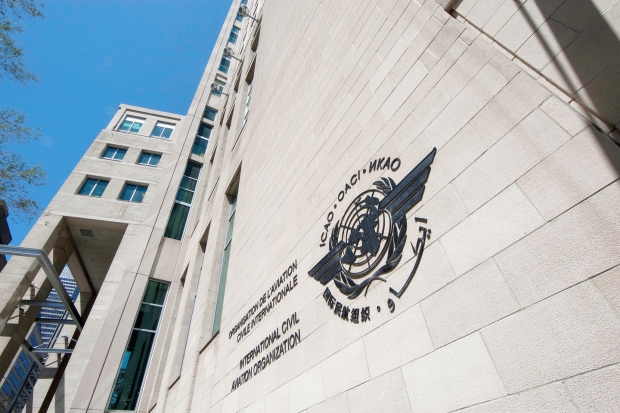The International Civil Aviation Organization Council took a step forward on the Carbon Offsetting and Reduction Scheme for International Aviation (CORSIA), adopting a new agreement that lays the groundwork for states and airlines to put the market-based emissions-offsetting scheme into place. The adopted First Edition of Annex 16, Volume IV comes within two years of the landmark agreement between ICAO"™s 192 member states in fall 2016 for a phase-in of CORSIA.
The 2016 CORSIA agreement is aimed at capping emissions on international flights at 2020 levels, with voluntary participation beginning at 2021 and mandatory participation not required before 2027. Important to business aviation, the agreement carved out small emitters, including most business aircraft operators and light aircraft, from the market-based scheme.
The agreement announced today lays out requirements for airlines and states to report the emissions of international flights and calculate the carbon reduction and offsetting obligations of individual airlines, according to the Environmental Defense Fund, which called it a "significant step forward."
"Gaining agreement on this new Volume IV to Annex 16 is critical to helping states and airlines to operationalize CORSIA per its established deadlines," said ICAO Council president Dr. Olumuyiwa Benard Aliu. "This especially pertains to its monitoring, reporting, and verification (MRV) scheme, which describes in detail what has to be done, by whom, starting with the collection of information on international aviation CO2 emissions by airlines as of January 2019." Aliu added the MRV provisions have been tested through 10 airlines with the support of Germany and six other states.
The council further approved the 2018 version of the ICAO CORSIA CO2Estimation and Reporting Tool (CERT), a simplified tool for small operators to monitor and report their CO2 emissions…



